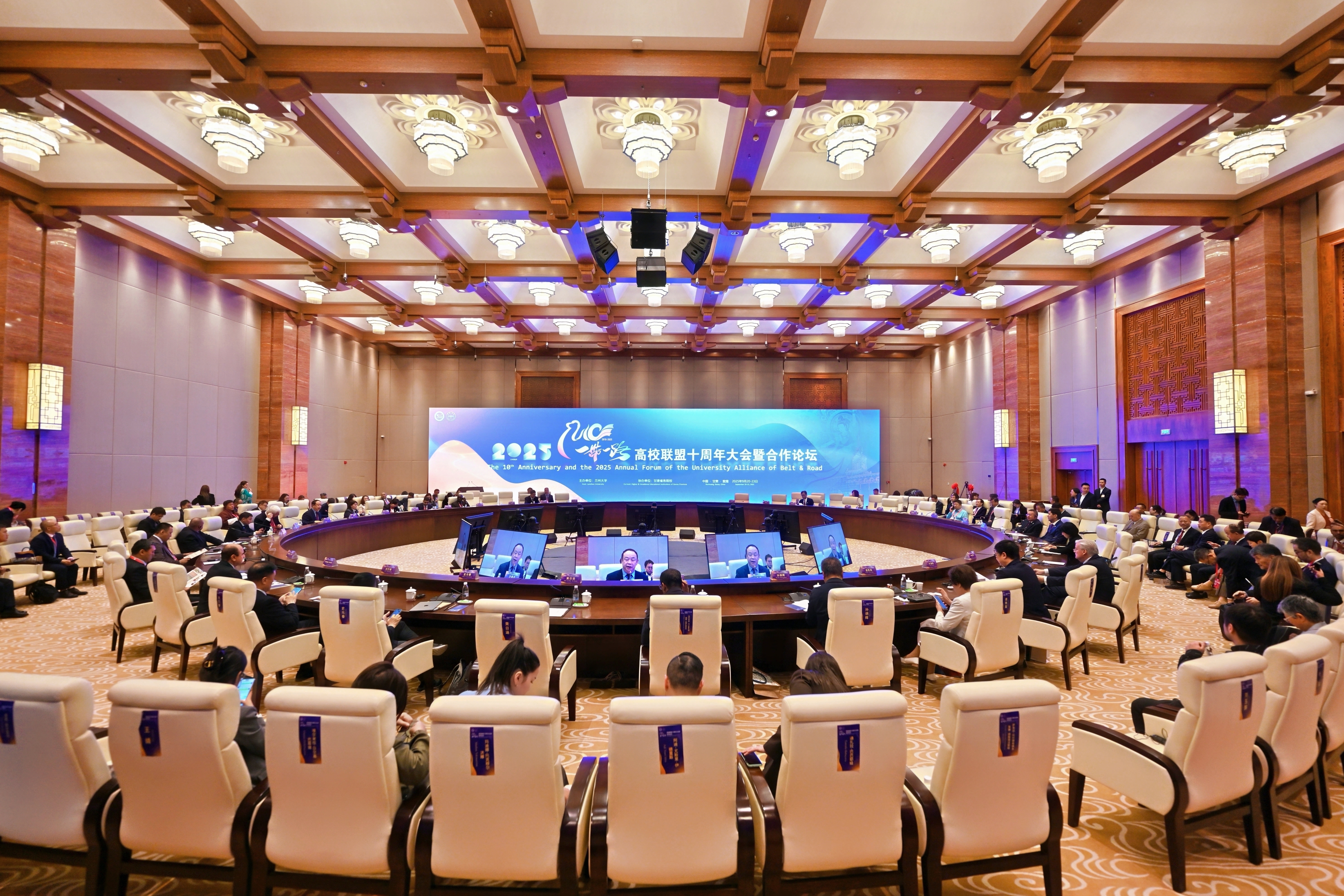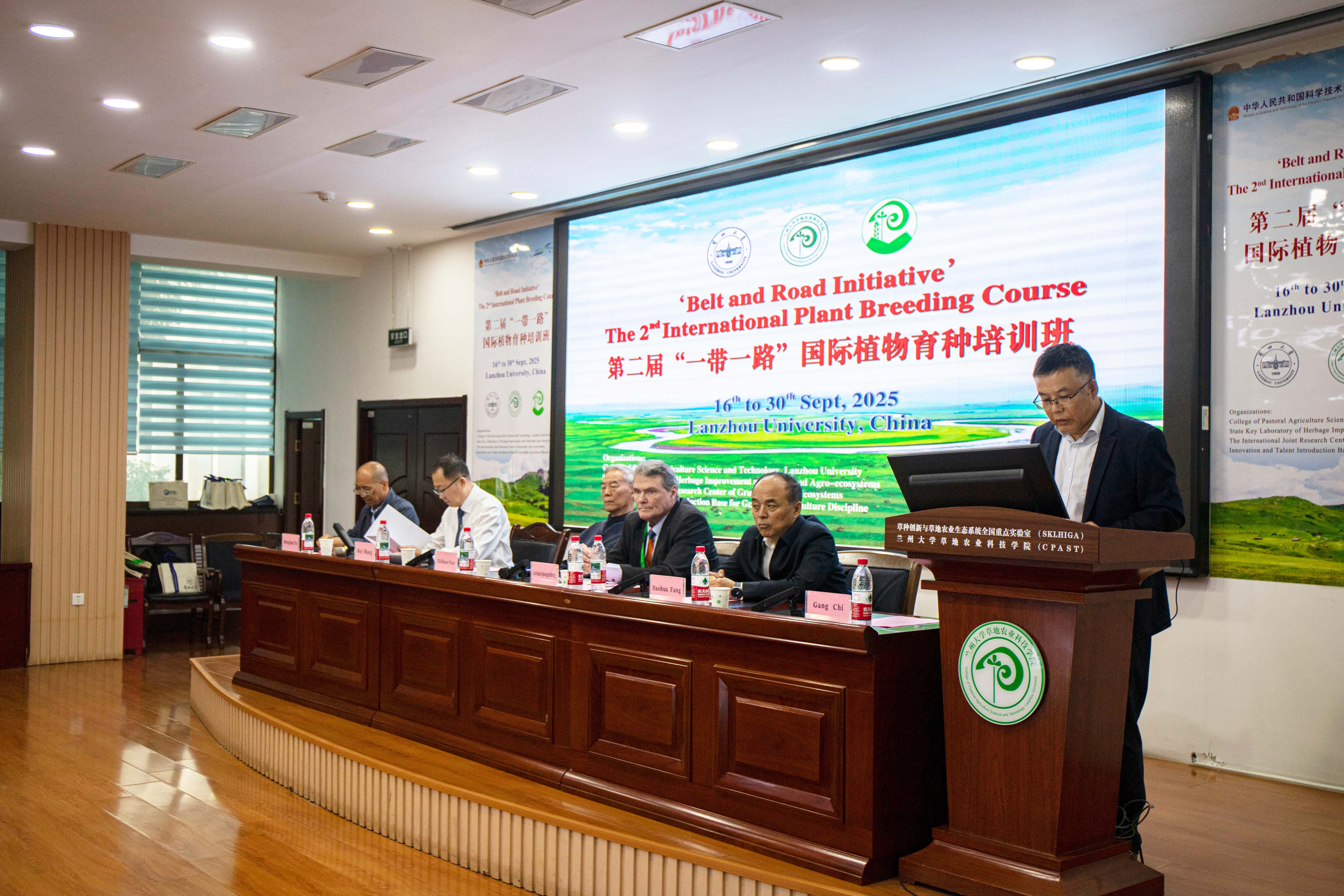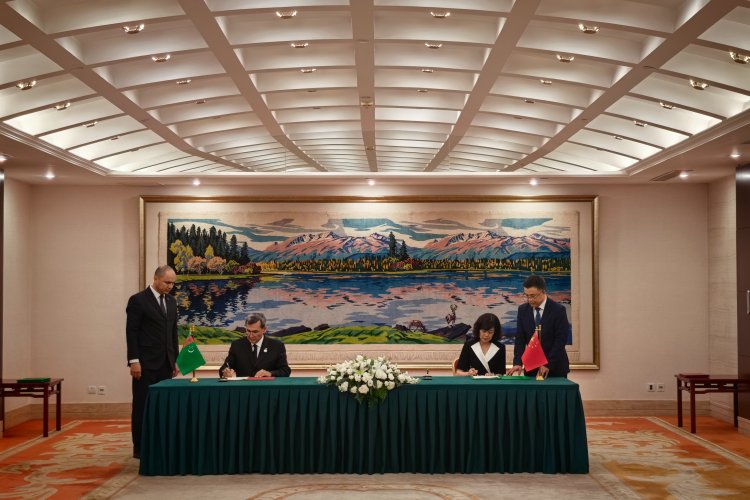On March 5, Dr. Indermit Gill, Senior Vice President and Chief Economist of the World Bank Group, visited Lanzhou University (LZU). President Yang Yongping, member of the Chinese Academy of Engineering, and Vice President Wang Weimet with the guests at the Yifu Science Building.
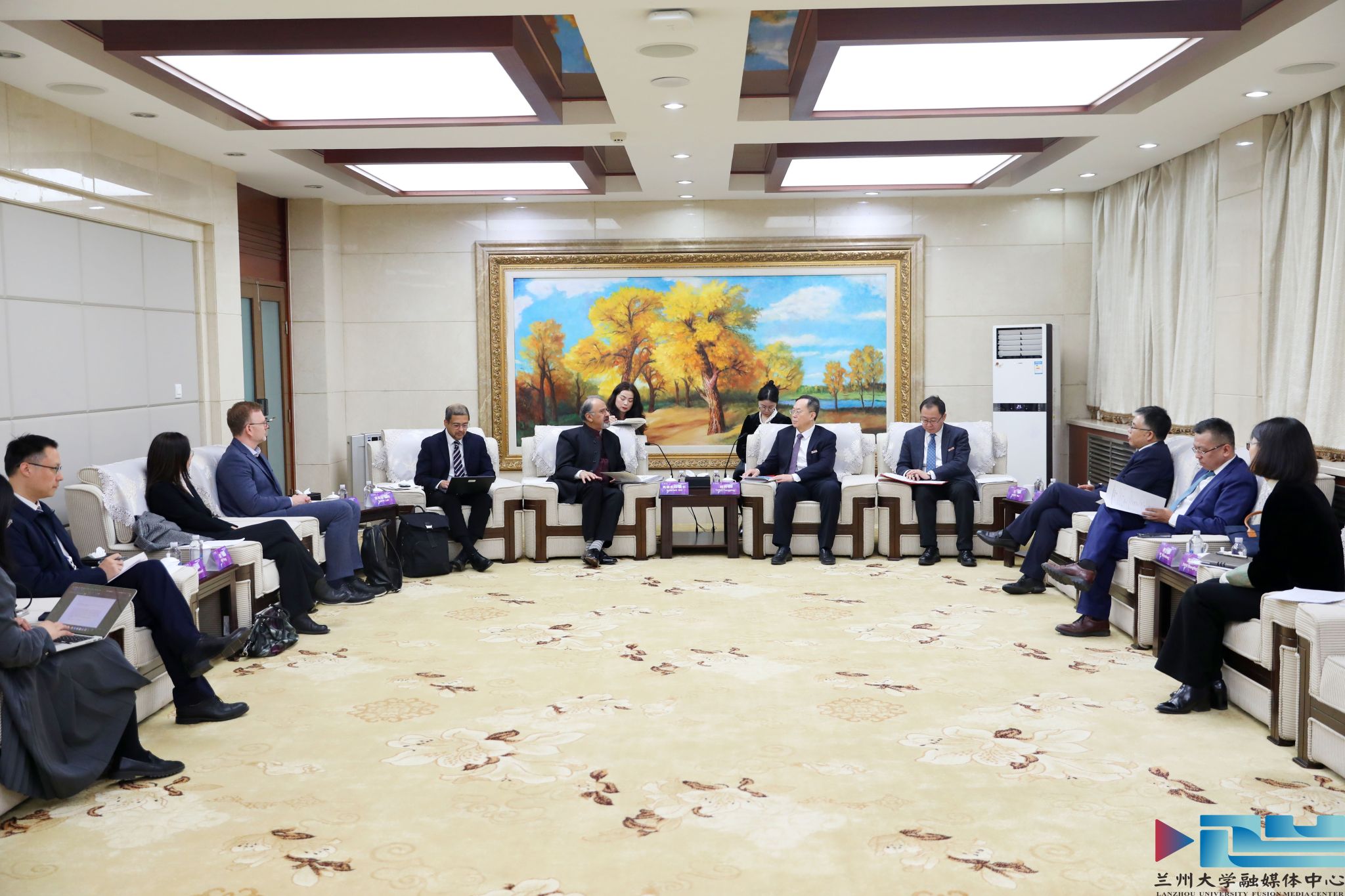
President Yang introduced historical development and distinctive educational features of LZU, and also reviewed the forty-year-long history of collaboration between LZU and the World Bank.He emphasized that LZU has deeply delved into areas such as poverty reduction, regional development, ecological economy and technological transformation, which is highly aligned with the United Nations Sustainable Development Goals (SDGs) of poverty eradication, clean energy, and climate action. In recent years, LZU has launched the “Kunpeng Project”, which has offered courses on international organizations and provided support for both faculty and students to engage in international affairs and global governance actively. He hoped to further deepen cooperation with the World Bank by jointlyestablishing the “World Bank-LZU Young Scholars Program”, supporting LZU’s young talents to participate in research projects on topics such as the World Bank’s green economy initiatives, and working together to develop the green development assessment model for western China. Additionally, he invited World Bank experts to visit LZU for thematic workshops to promote integration between research and practice.
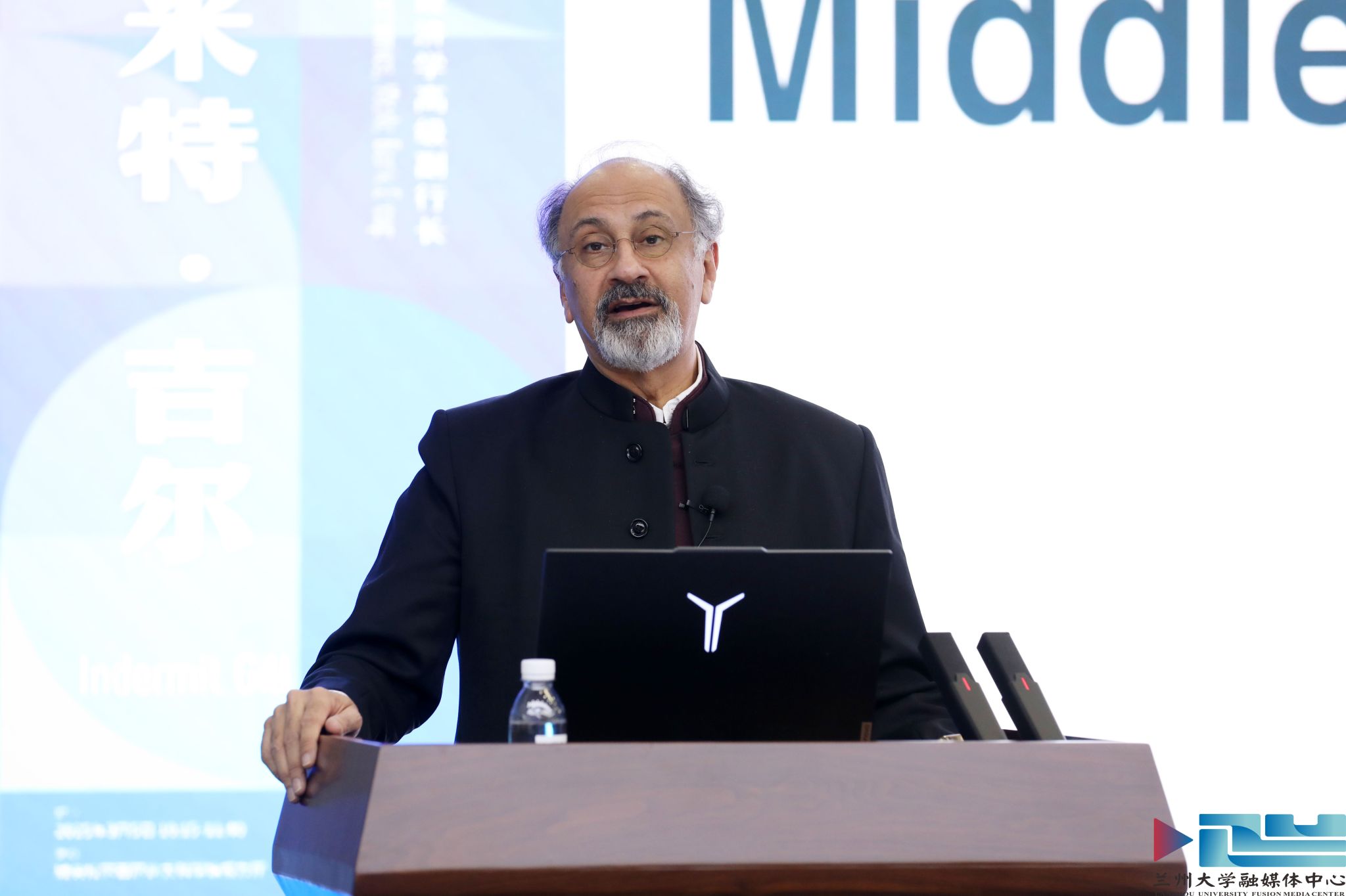
Dr. Gill appreciated LZU’s contributions in poverty reduction and ecological protection. He noted that LZU’s regional characteristics and academic strengths are align closely with the World Bank’s development mission, making us natural partners of collaboration. He proposed that both parties could collaborate on Artificial Intelligence, which is the core topic of the upcoming World Development Report 2026, to build a high-level talent training system for improving energy efficiency in middle-income countries. He expressed the World Bank’s willingness to act as a bridge linking LZU with global think tanks, and hoped that both institutions would work together on global challenges such as sustainable development through joint research and talent exchanges. He specifically mentioned the “World Bank Group’s Young Professionals Program” and invited faculty and students from LZU to participate in global governance practices through consulting projects or internships.Dr. Gill appreciated LZU’s contributions in poverty reduction and ecological protection. He noted that LZU’s regional characteristics and academic strengths are align closely with the World Bank’s development mission, making us natural partners of collaboration. He proposed that both parties could collaborate on Artificial Intelligence, which is the core topic of the upcoming World Development Report 2026, to build a high-level talent training system for improving energy efficiency in middle-income countries. He expressed the World Bank’s willingness to act as a bridge linking LZU with global think tanks, and hoped that both institutions would work together on global challenges such as sustainable development through joint research and talent exchanges. He specifically mentioned the “World Bank Group’s Young Professionals Program” and invited faculty and students from LZU to participate in global governance practices through consulting projects or internships.
During the visit, Dr. Gill delivered a keynote speech on the “World Development Report 2024”.
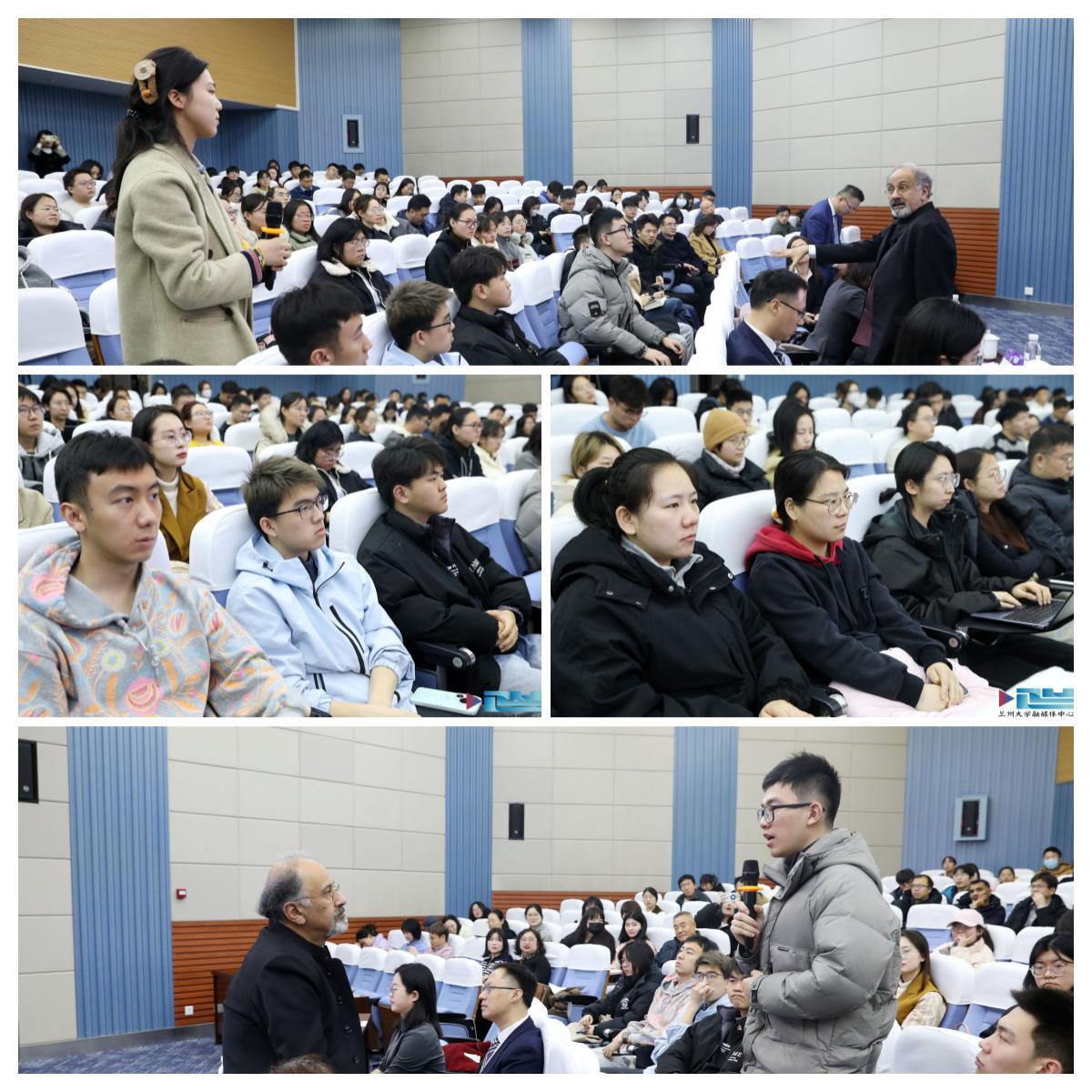
This event has established a dialogue platform for LZU on Western region practices and global development issues, and will surely provide an international collaboration platform to leverage LZU’s disciplinary strengths in areas such as ecological management in arid regions and cultural digital preservation.


